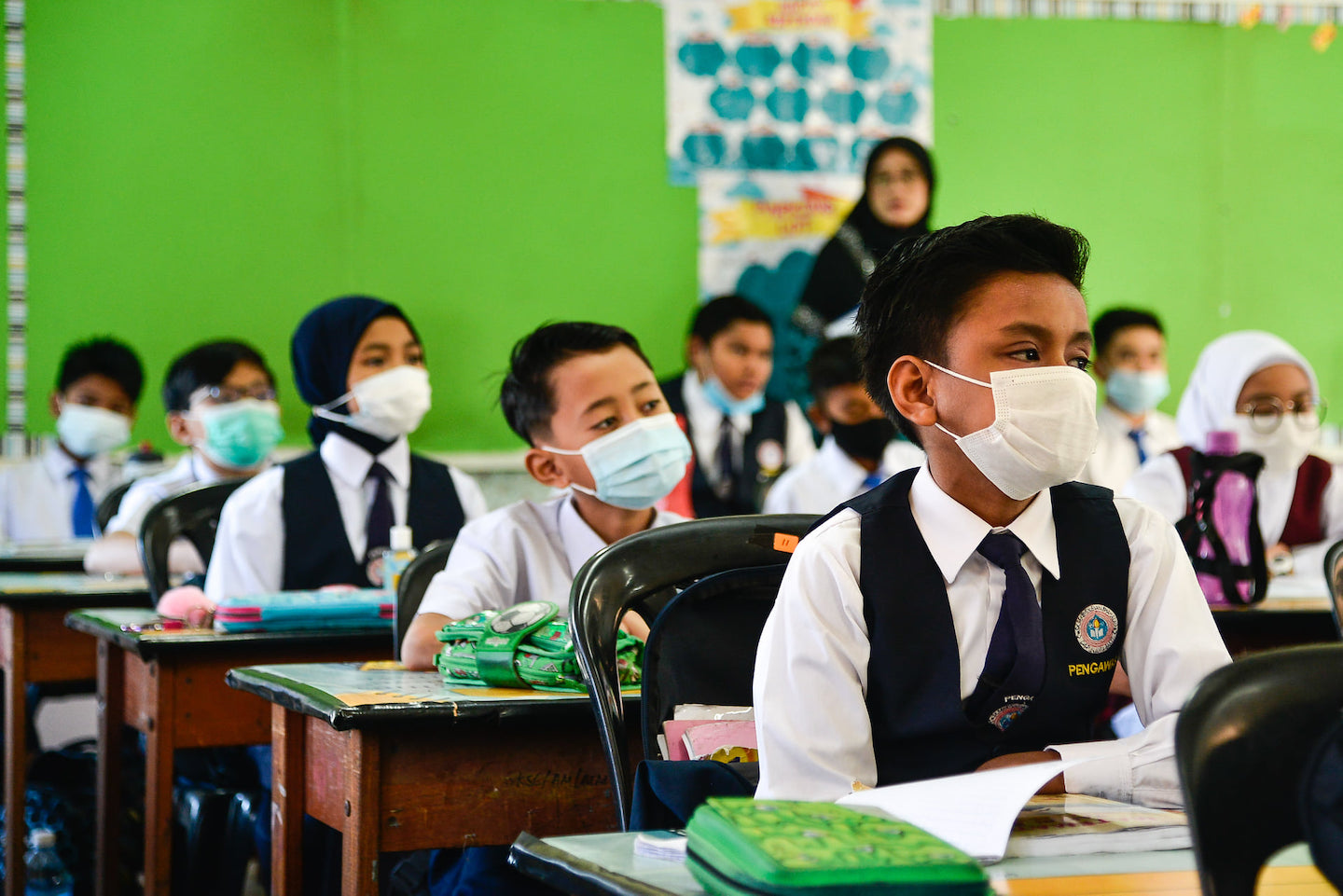THE revival of the defunct national education advisory council (NEAC) is something important but whether it can bring about positive changes to the moribund education system remains to be seen.
I am not sure about the earlier performance of the NEAC, it was probably was a mere window dressing, a place for those who retired from the public and private sectors.
There is no record to say that it had a meaningful impact on educational policies with the objective of reform and change.
To be fair, the NEAC as merely an advisory council cannot be expected to perform miracles given its mandate and limited executive role.
Even though the NEAC is headed by a retired government official (former director-general of education), the composition of the council leaves much to be desired.
While the members of the council might be qualified, the public remains unsure about their educational credentials and why they were chosen.
I hope they are not retired, having passed their prime with no meaningful insight in the theoretical and empirical dimensions of the education system in the country.
I am not sure whether Education Minister Fadhlina Sidek has elucidated the public on the credentials of the council members, why they were picked and where their special qualities lie because advisory councils or not, public acceptance leading to legitimacy is crucial.
Of the ten members of the NEAC, only two non-Malays have been selected. While I am not sure about their credentials, I am sure there is a good reason for their selection…maybe the consideration was based on merit or perhaps some other criteria.
I hope there was no serious deliberate omission in neglecting the representation of the non-Malay community.
I am just wondering whether these two non-Malay representatives can justifiably represent and speak on the national educational system with a particular emphasis on vernacular education.
The vernacular education system has two components, the Mandarin (Chinese) school and the Tamil school systems.
I hope that the NEAC doesn’t ignore the role of the vernacular education system in the country especially in the light of high enrolment.
It is important to have representatives to speak on the future of the vernacular system of education that coexists with the national system unless, of course, the minister thinks that the vernacular education system merits no attention at least for the time being.
I agree that the NEAC might not be in position to examine and evaluate every aspect of national education in the country as its advisory role might be its own limitations.
Furthermore, I don’t think that the NEAC – even before it is properly constituted – need to plunge into the subject of reducing the excessive workload of teachers.
This is an administrative matter that can be sorted out by the officials of the ministry and the schools.
The NEAC must take a broad and comprehensive approach in its advisory role. It should ascertain whether our schools system is moving in the right direction reflective of global demand.
The interest in science and mathematics is declining in schools among students. Is this because of the way science and mathematics are taught or due to some other causes?
The recent COVID-19 pandemic brought to our attention that learning need not be confined to conventional classrooms and that online or virtual learning has come to prominence calling into question our conventional method in the dissemination of knowledge.
This transformation has called into question the physical infrastructural requirements of schools and the need for more teachers.
These are some examples that the NEAC members could ponder on in undertaking their advisory role.
In fact, there are many other areas in the educational realm that needs the attention of the government of the day.
The question is whether the NEAC is prepared to probe areas that are beyond the realm of ossified conventional thinking. – Jan 20, 2023
Prof Ramasamy Palanisamy is the state assemblyperson for Perai. He is also deputy chief minister II of Penang.
The views expressed are solely of the author and do not necessarily reflect those of Focus Malaysia.
Main pic credit: BFM/Edunity Foundation









